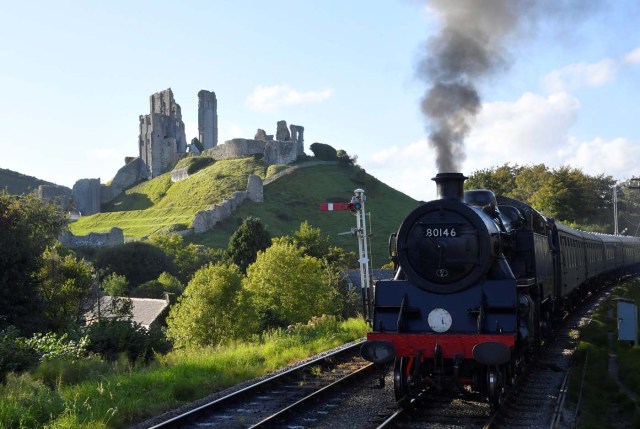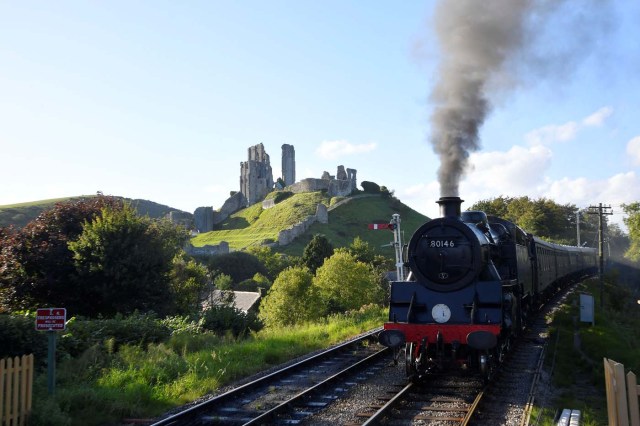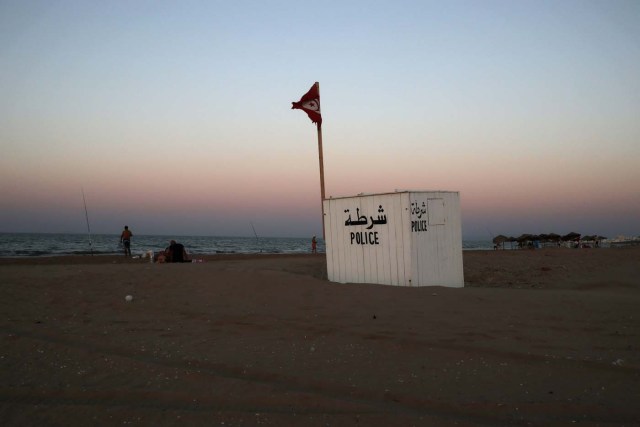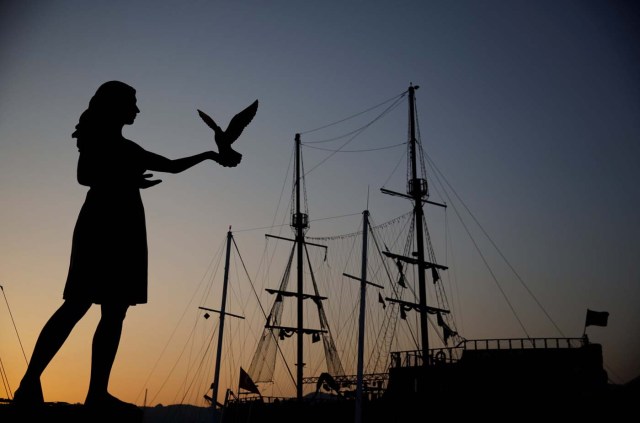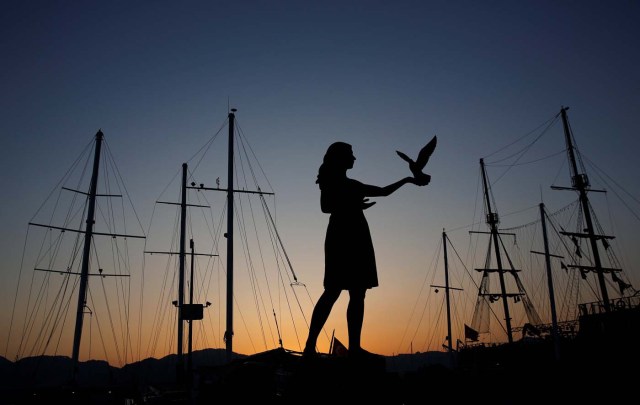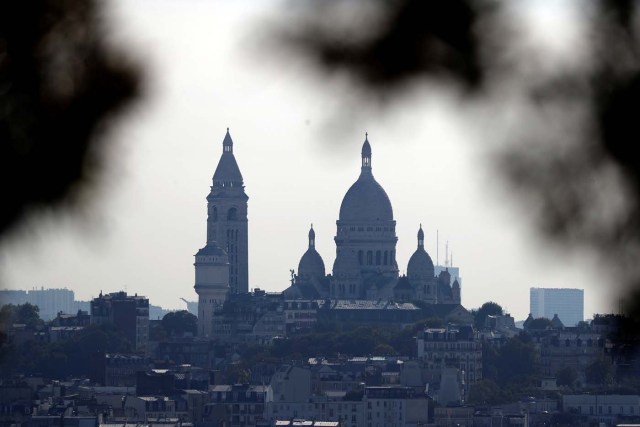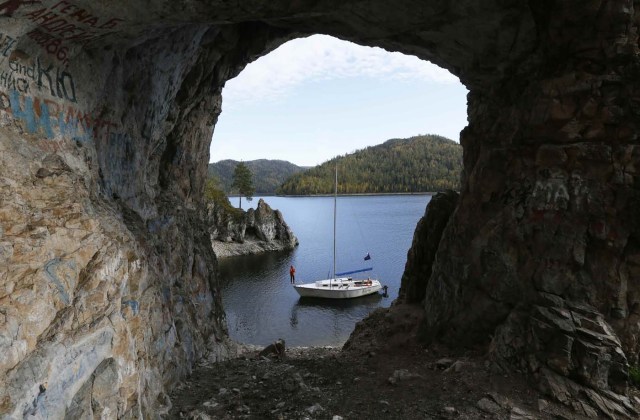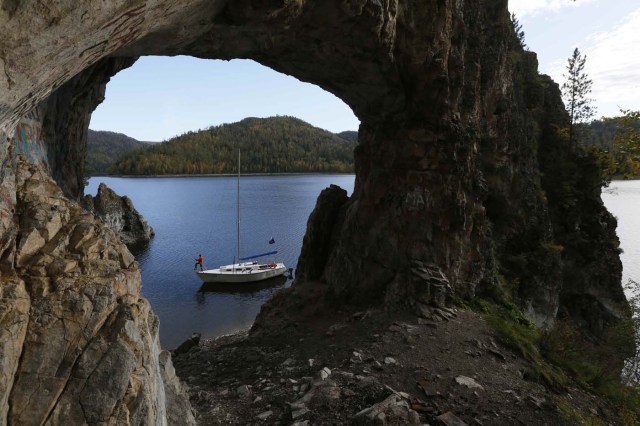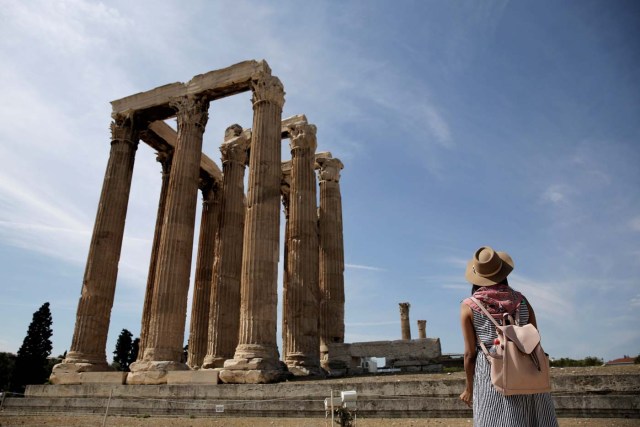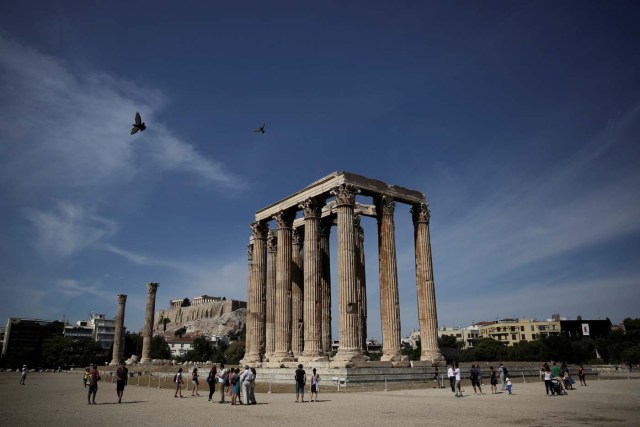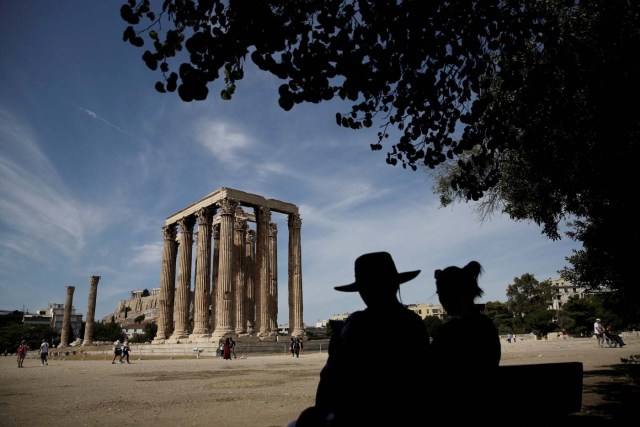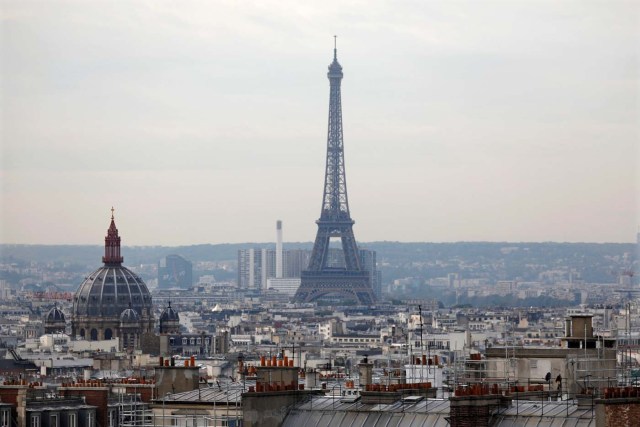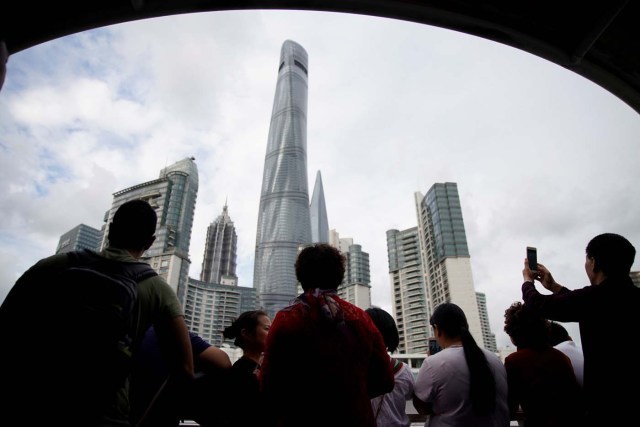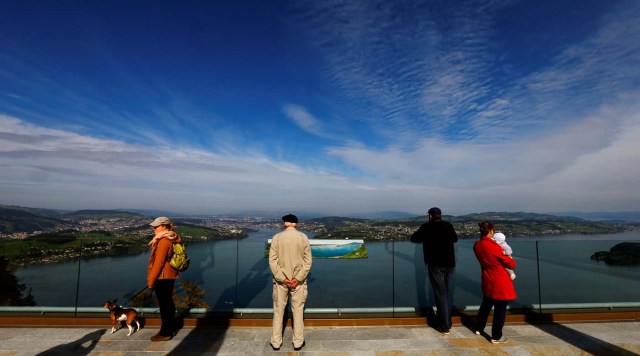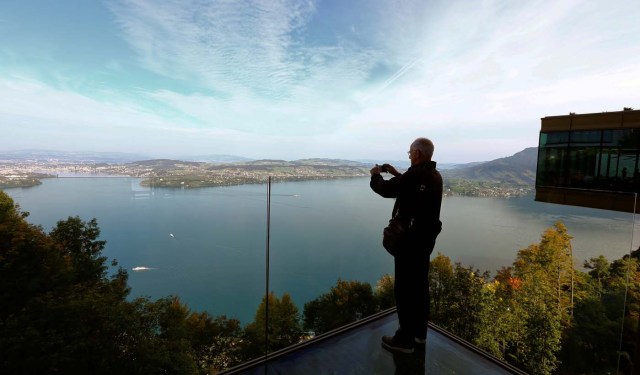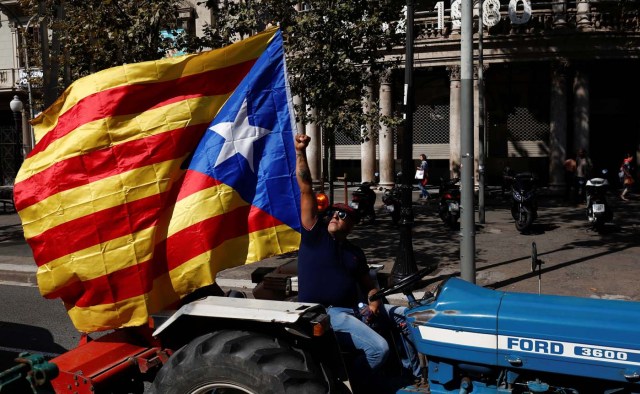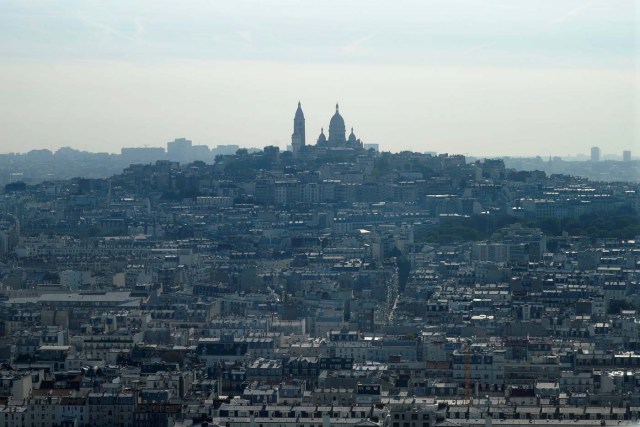
“¡Los detestamos!”. En Barcelona o Venecia, los movimientos antituristas impulsados por exasperados residentes locales ilustran los límites de la ‘industrialización del viaje’, un fenómeno tan ascendente que corre el riesgo de autodestruirse.
Este verano, fueron llevadas a cabo espectaculares acciones por habitantes de varias ciudades españolas para denunciar los efectos nefastos, en su vida cotidiana, de la presencia de millones de turistas.
Varias formas de “turismofobia” emergen desde hace años en Venecia, Dubrovnik, Ibiza, Gerona o Mallorca, donde es creciente el número de visitantes durante sus vacaciones.
Pero este turismo, acusado de todos los males, suele ser el “chivo expiatorio de un malestar que se esconde detrás de otro: el de las sociedades fragmentadas por la industria del turismo”, destaca el antropólogo Jean-Didier Urbain, en el último día del salón profesional del Turismo Top Resa en París.
El turismo masivo produce “efectos totalmente diferentes en la población local: por un lado hay gente que se enriquece y por el otro hay gente que sufre, se proletariza y se margina” indica a la AFP.
“Y un viajero, sea quien fuere, es un eterno intruso. Su intrusión es más o menos bien soportada en función de lo que aporta a los +visitados+” resume Urbain, profesor en la universidad Paris V.
En las ciudades saturadas durante todo el año, “acaba produciéndose una ruptura del equilibrio entre la vida diaria de los habitantes y una actividad turística que provoca demasiadas molestias, sobre todo por parte de gente que viene a pasárselo bien sin respetar a la población local”, afirma Didier Arino, director del gabinete Protourisme.
Incluso sin cometer excesos, los turistas pueden ser objeto de hostilidad. “Nuestro apartamento Airbnb en Barcelona tenía una terraza a la que daban las ventanas de los pisos superiores. Por la noche cenamos ahí, no hicimos especialmente ruido, pero por la mañana la terraza estaba llena de huevos podridos, al parecer una costumbre de algunos de los habitantes del edificio”, cuenta Anne-Laure, francesa de 41 años.
– ¿Cuotas de turistas? –
Son sobre todo los problemas vinculados con el alojamiento de los turistas lo que más crispa a los locales, y no solamente por el ruido o la desaparición de comercios en beneficio de tiendas para turistas.
El boom de los alquileres de temporada del tipo Airbnb ha hecho subir los precios del sector inmobiliario, expulsando de algunos barrios a clases populares y también algunas clases medias.
Para el antropólogo Saskia Cousin, “no se trata de prohibir una práctica que revela las carencias del sistema hotelero –en especial para las familias– y responde a una real necesidad; pero el rol de los políticos ¿no es también el de proteger a los habitantes?” se interroga.
“Barcelona y Venecia no son casos aislados, pero revelan lo que ya sabíamos desde hace unos quince años: la pérdida de control de los poderes públicos ante el fenómeno turístico” afirma Cousin, coautora de una obra titulada “Sociología del turismo”.
La experta advierte que “el problema, muy bien conocido, es que el desarrollo turístico es exponencial: cuando supera un umbral es muy difícil volver hacia atrás”.
Sobre todo porque la industria del turismo supone un importante ingreso para algunos destinos: en España, el sector representa más del 11% del PIB.
“La solución sería fijar una cuota de visitantes respecto a la población local, para protegerla, como en Austria o Suiza” propone Jean-Didier Urbain.
Pero “se observa ahora que de alguna manera el turismo está en vías de autodestruirse” resume Saskia Cousin. En algunas localidades “los trabajadores temporales ya no pueden alojarse pues todas las habitaciones han sido alquiladas a los turistas”.
por Katia DOLMADJIANAFP/AFP
